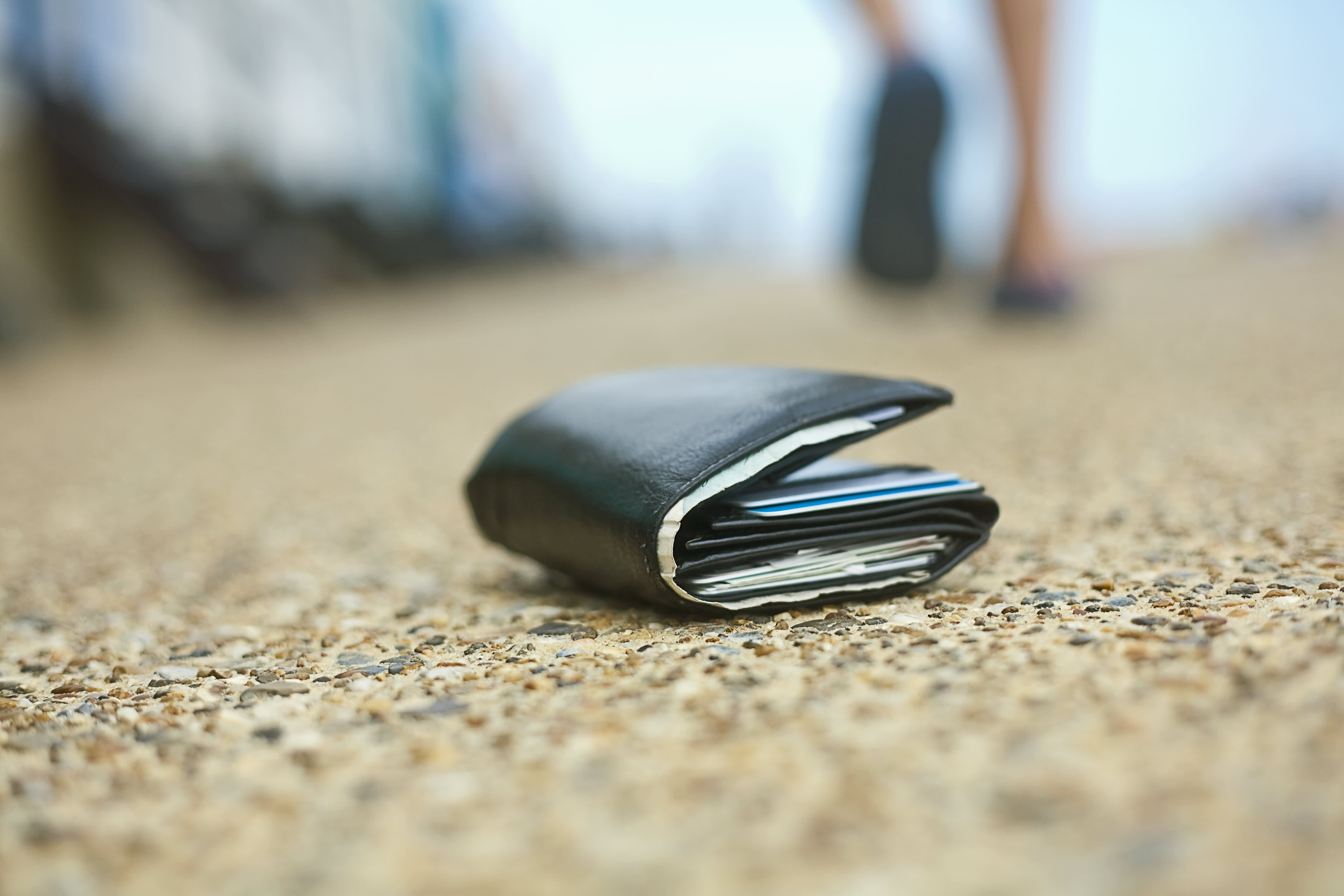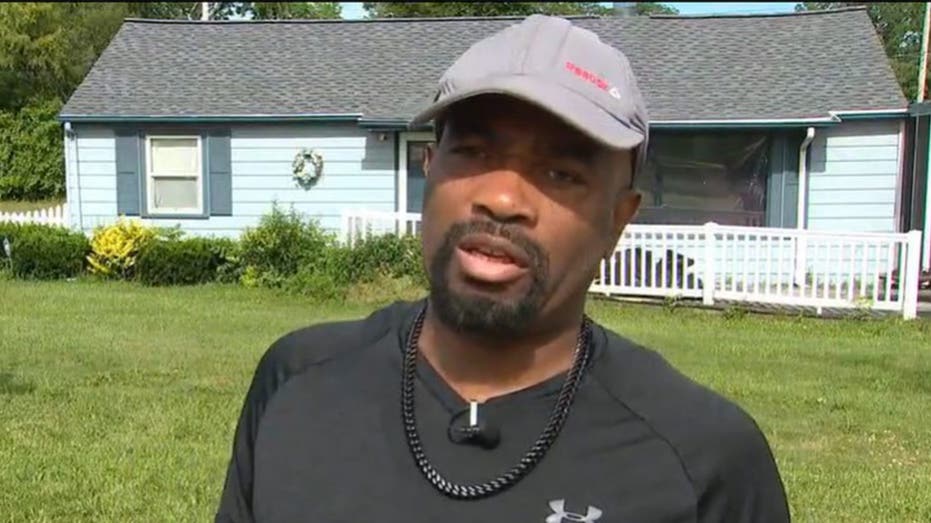
Westend61 | Westend61 | Getty Images
I was packing up to head home from work last week when I noticed something that made my stomach sick.
The space in my backpack normally occupied by my wallet was empty.
I searched every nook and cranny of my bag and even crawled under my desk to search for the small pouch that was home to my driver’s license, credit and debit cards and a New York City MetroCard. I checked with security to see if someone turned it in. No one had.
Eventually, tired from my frantic searching, I accepted defeat and contacted the bank to lock my cards.
As a CNBC intern who recently joined the personal finance desk, I spend most days speaking with finance experts to inform the stories I write. After losing my wallet, I decided to ask a few sources what course of action I should take to protect my money and identity.
They validated some of the things I had already done and provided extra security steps I hadn’t considered.
‘Everyone should freeze their credit’
One thing I didn’t do immediately that each financial planner I spoke with recommended is freezing my credit.
Freezing your credit can prohibit someone from opening a line of credit in your name, according to Ivory Johnson, certified financial planner and founder of Washington, DC-based Delancey Wealth Management.
“Everyone should freeze their credit unless they’re going to use it,” said Johnson, who is a member of CNBC’s Financial Advisor Council. “Everyone. Because you can unfreeze it with the click of a mouse.”
More from Personal Finance:
Young, wealthy investors turn to alternatives instead of stocks, bonds
Rent a car for a road trip, or drive your own? 5 things to consider
Romance scams cost consumers $1.14 billion last year
This can be smart if you lose your wallet to reduce the risk that a thief uses the contents of your wallet to commit ID theft, experts say. That’s especially true if you carry your Social Security card, which isn’t recommended.
To freeze your credit, you must contact the three major credit reporting agencies: Equifax, TransUnion and Experian. This was easy to do on each agency’s website — I just made a free account and clicked a button to place a security freeze.
Replacing cards and ID
I filed a lost and found report with the Metropolitan Transportation Authority in hopes that my wallet was found in the subway and turned in by a good Samaritan.
I then made a list of everything that was in my wallet … and that was the easy part.
The hard part was getting replacements for everything on my list. I first needed to call each issuer to report the card as lost to ensure I wasn’t responsible for any charges incurred if someone found the wallet and went on a spending spree.
I live in New York City as I attend graduate school and intern at CNBC for the summer. However, my permanent address is in North Carolina.
This made requesting a replacement driver’s license tricky. After initially contacting the DMV, I was directed to the state transportation department to change my mailing address so they could send it across state lines, and a week later and I’m still without a license.
The North Carolina DMV did email me a temporary driving certificate, but it doesn’t have photo identification on it. A DMV employee told me over the phone that the third-party contractor that prints their IDs is experiencing delays and that it could take up to 30 days to receive the replacement. I have been relying on my passport for identification in the meantime, but it feels risky carrying that around the city.
The apps for both Bank of America and Capital One made it easy to cancel my cards and order replacements, but I was left with few options in the interim.
Luckily, I had a virtual Apple credit card in my phone’s wallet that I applied for last year to purchase a laptop with in interest-free installments. I recently paid off the laptop, but had not used the card for anything else, so it came in handy to pay for the subway and dinner later that evening.
Soon after requesting a replacement debit card, Bank of America sent me a virtual one that I was able to add to my Apple wallet and use immediately. The new physical cards I requested arrived about five days after requesting them.
In the age of online banking, actually walking into a bank to get cash seems “antiquated” to Lee Baker, certified financial planner and owner and president of Atlanta-based Apex Financial, but it’s still an option.
“As long as you’ve got some kind of ID, because they’re going to ask for it, you should be able to go into the bank and say, ‘Hey, I just simply want to withdraw X amount of dollars,'” said Baker, who is also a member of CNBC’s Financial Advisor Council.
Other tips and tricks to manage a lost wallet
Here are a few other key points Johnson and Baker made to protect your identity and money:
- Keep cash and a credit card or two tucked away somewhere safe at home for backup.
- Rely on a few credit cards, rather than a debit card to make most purchases. There are higher stakes with debit card fraud when it’s your money at risk, experts say, compared to credit card fraud when it’s the credit issuer’s funds at risk.
- File a police report for the stolen or lost wallet, especially if the loss will impact scheduled payments and you need documentation proof for a landlord or utility company. This is also important in case someone tries to pass themselves off as you with the driver’s license.
- Give copies of identifying documentation and cards to someone you trust for safekeeping to serve as a backup if the originals are lost.
- Update any accounts or subscriptions you have auto-pay set up for with new card information if you had to request a replacement card.
- Change your passwords and add multi factor authentication to credit card and bank accounts.

